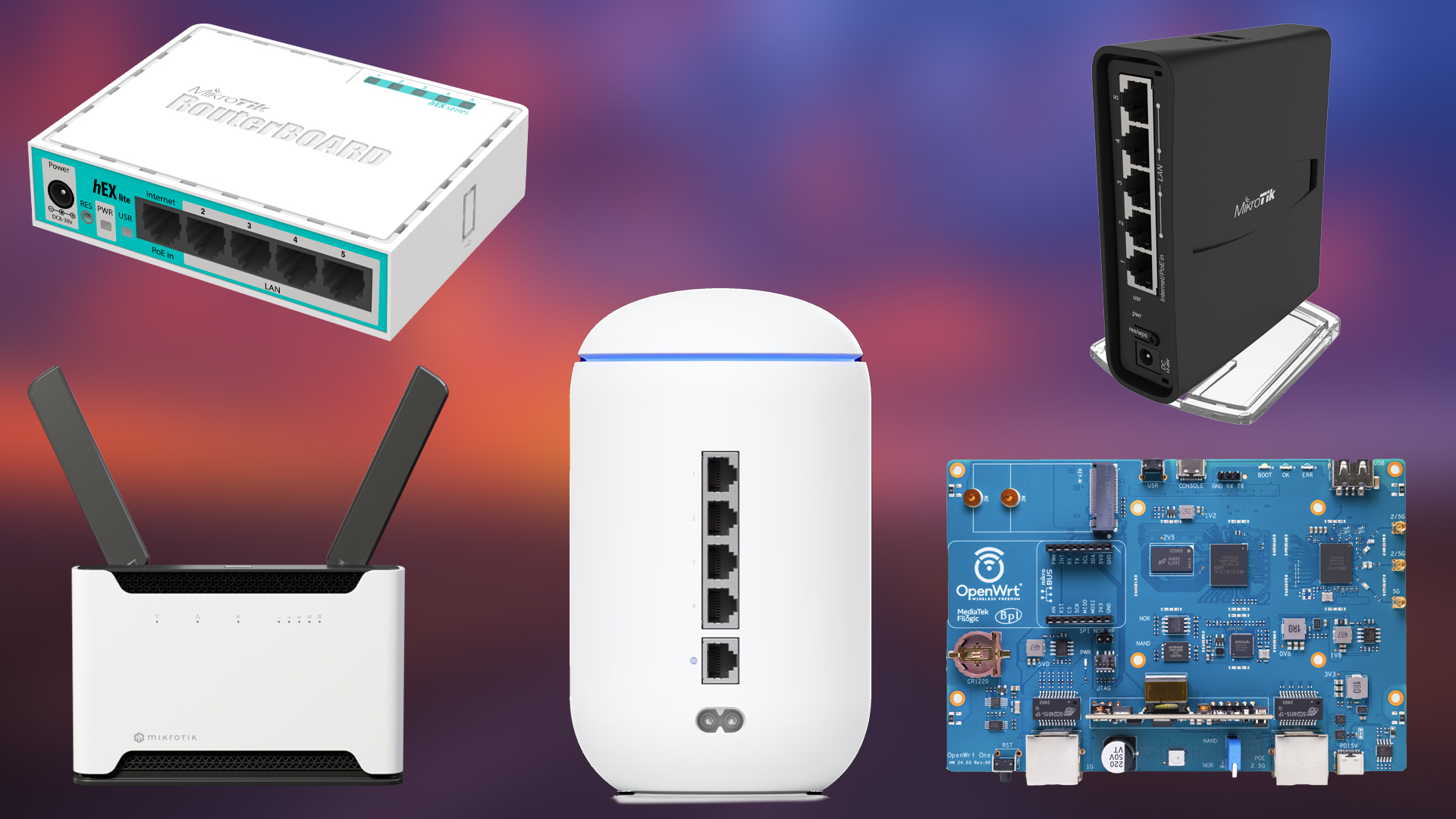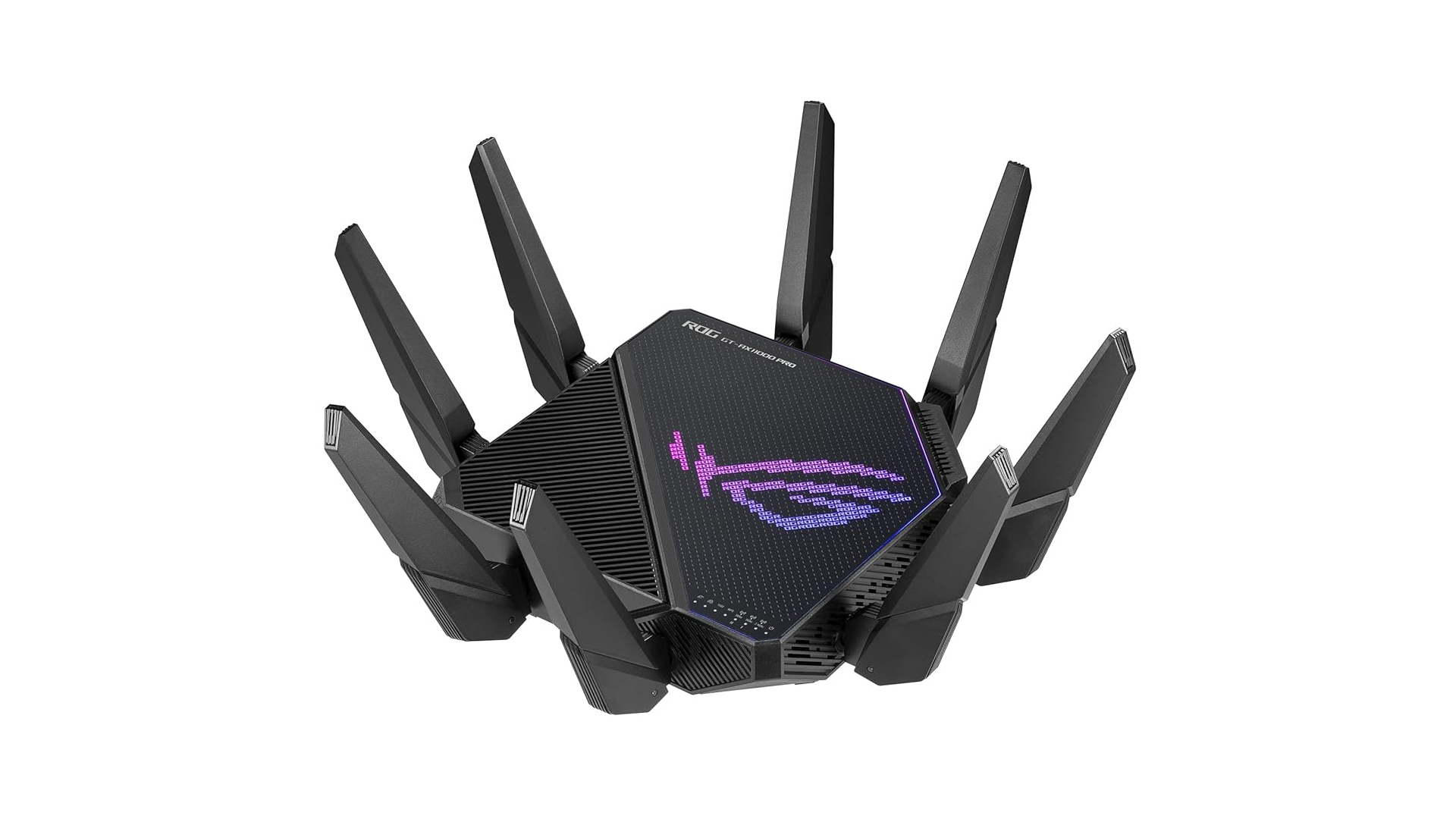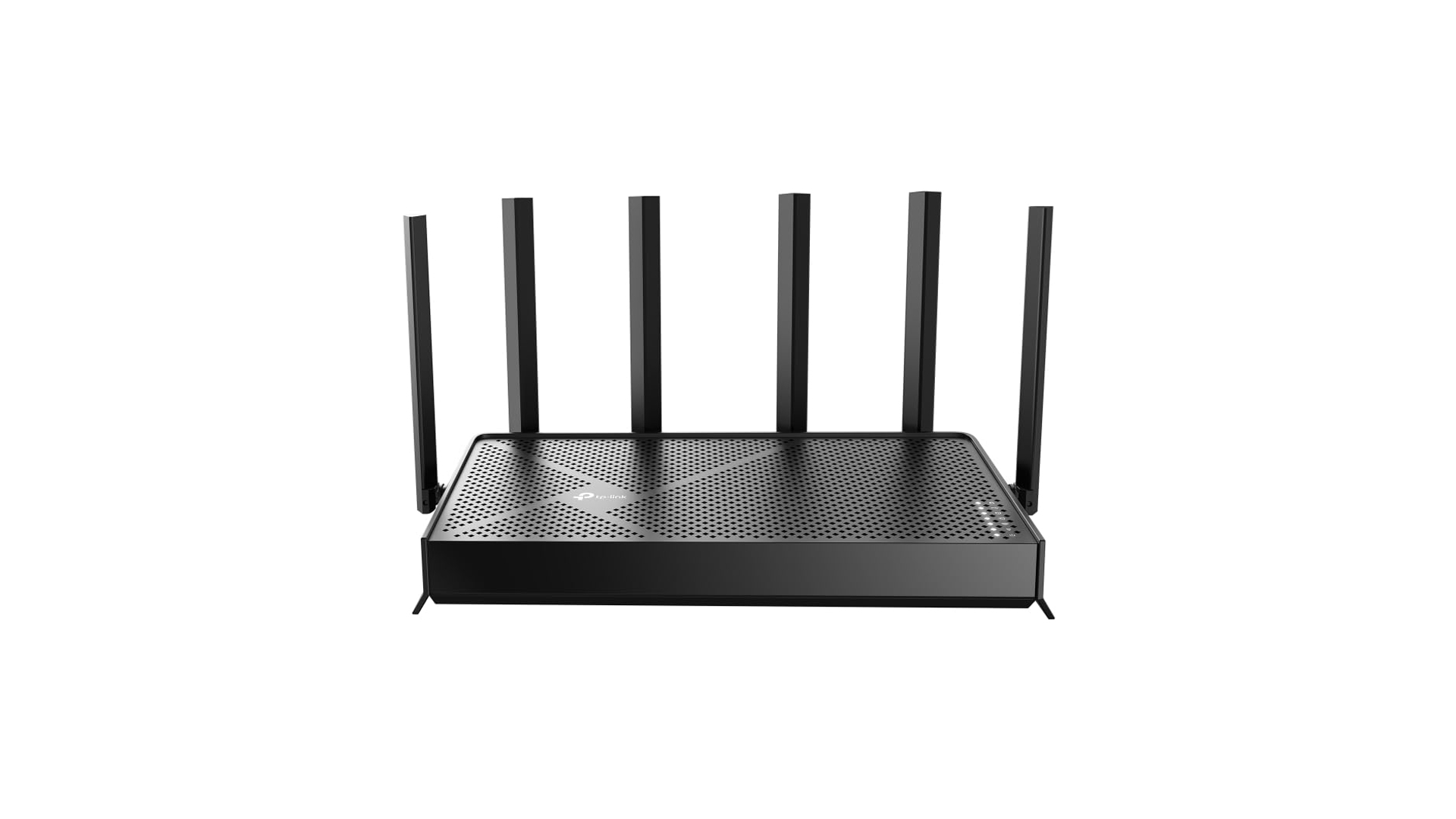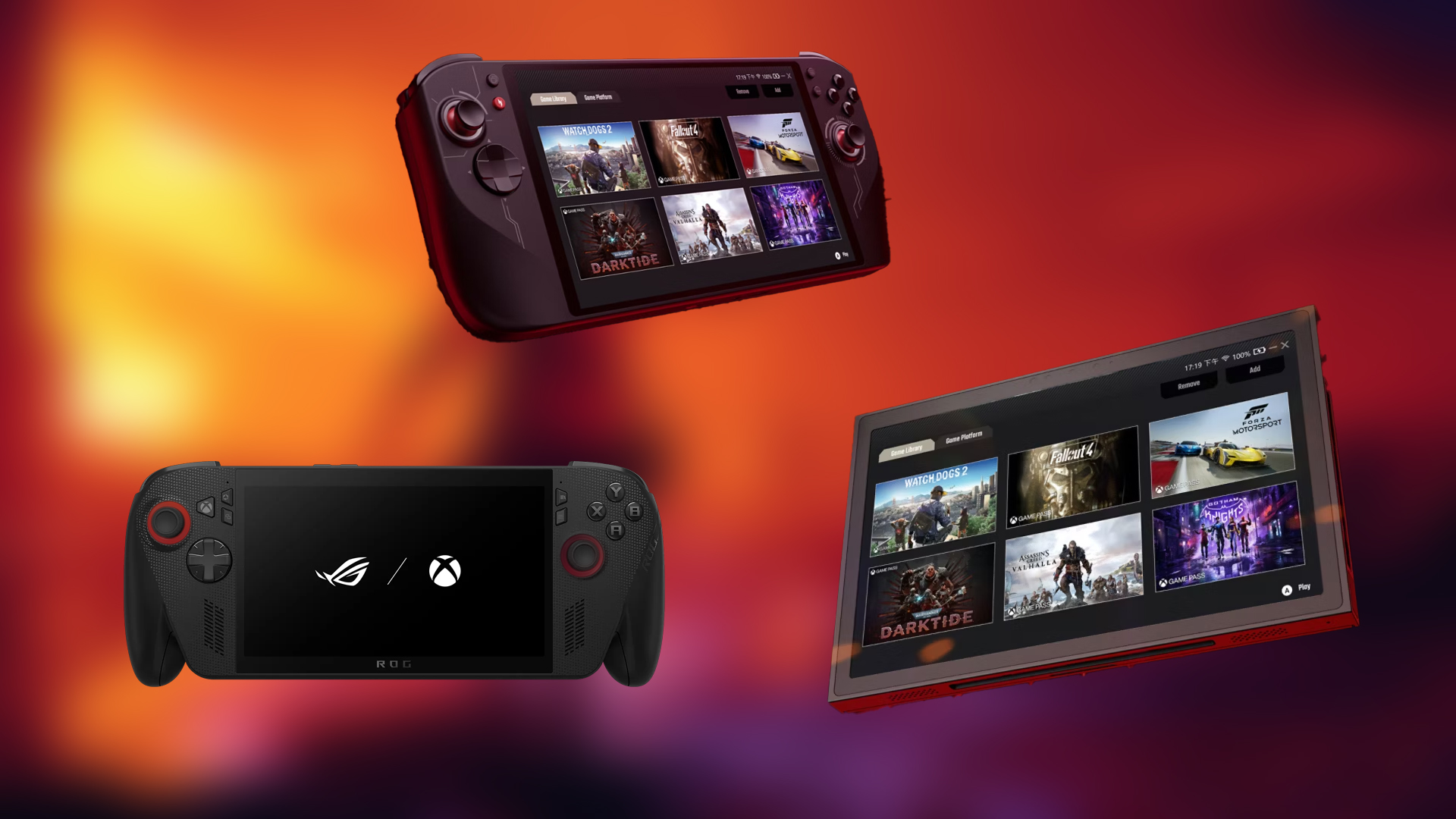Discover how to pick the right router for gaming and streaming, with key considerations such as QOS, WiFi standards, and more.

Depending on your gaming and streaming requirements, a router’s cost can vary greatly. The math is simple: the more you pay, the more you get, as brands often use marketing stunts to sell you tech that is widely common in every router in the competing segment. But picking the right one will result in a smooth, lag-free experience without sudden connection drops. Stay tuned as this guide breaks down everything you need to know before choosing the router that fits your needs.
Understanding Gaming and Streaming Routers

Gaming routers differ drastically from standard mainstream routers, as they prioritize gaming traffic over other network activities using QOS (Quality of Service) technology. This is particularly beneficial because your grandma browsing her TV won’t interrupt your gaming session, as the router smartly allocates active network resources and restricts the TV from overusing the network.
Streaming routers take things to another marketing level and pack serious hardware. They can simultaneously handle multiple device streams, such as 4K or 8K content, without buffering. A good router like this won’t increase your internet speed; instead, it will increase your intranet speed (the local network bandwidth, i.e.).
The basic differences between them lie in traffic management. Gaming routers prioritize game data, while streaming routers emphasize overall bandwidth distribution. If applied correctly, both types can suit each other’s use cases. People often fall for this marketing gimmick. A gaming router can be great for streaming, provided it has sufficient hardware. A streaming router can also provide incredible gaming performance, all with the help of QOS, as its hardware is already very powerful.
Must-Have Features of Gaming and Streaming Routers
Now that the fundamental differences and similarities have been covered, below are the features you should always look for when picking routers for gaming or streaming.
- Quality of Service (QOS) Controls: Prioritize your PC, console, or app. ASUS ROG and TP-Link Game Accelerator do this well.
- Low Latency + Jitter Control: Sub-5ms is ideal. Linksys Velop Pro 6E leads in jitter consistency.
- Gaming Ports: Plug-and-play priority; no configuration is needed unless you go the VLAN route.
- Wi-Fi Standards: Wi-Fi 7 = peak speed (up to 19 Gbps), but Wi-Fi 6/6E is still solid for most. Avoid the Wi-Fi 5 standard in 2025.
- Tri-Band Wi-Fi: 2.4GHz, 5GHz, and 6GHz to reduce congestion. Tri-band is just a starting point; this can clock in higher on even premium hardware.
- Good CPU + RAM: Quad-core minimum. High-end routers like the TP-Link GE800 easily push 19 Gbps (intranet bandwidth). One suggested chipset to look for in a router is Broadcom, which is high-quality hardware.
Single vs. Mesh Routers

Wired line is always king, but this topic becomes very critical if you do not have the option to use a wired connection throughout your house. Brands market routers in several ways, one of which is single-point vs. mesh routers. Although identical routers can be meshed via manual configuration, brands highlight their patented technologies. Here are the basics covered:
- Single Router: Best for smaller homes or a focused gaming setup. Highest raw performance.
- Mesh System: This is better for larger homes. It fills in the dead zones. Some (like the ASUS GT6) are tuned for gaming, too.
Depending on your needs, choose a mesh system or pick single routers.
Top Picks for 2025
- Best Overall Gaming: ASUS ROG Rapture GT-AX11000 Pro – 10 Gbps ports, Game Boost, Incredible for wired setups.
- Best Budget Gaming: TP-Link Archer AX72 – Solid Wi-Fi 6 speeds, good quality of service, under $150.
- Best for Streaming: TP-Link Archer AX90 – Tri-band, 4K-ready, handles a lot of devices.
- Best Wi-Fi 7 Router: TP-Link Archer GE800 is future-proof, blazing fast, and has RGB for style points. It includes SFP ports, 10 Gbps, and more.
Setup Tips
Many new gamers and streamers who lack technical depth may be unsure where to put their routers, as proper placement can make or break a router. Below are a few guidelines you can use as a starting point:
- Place the router high and central.
- Avoid interference (microwaves, walls, metal).
- Use a wired connection for your gaming rig if possible.
- Separate gaming and general-use devices via SSIDs or set up VLANs if the software allows you to.
- Update firmware regularly, as these updates mitigate security loopholes in your hardware.
Conclusion
It is easy to fall prey to top-tier standards such as WiFi 7 and overpay for your device. The core fundamentals mentioned in this article are more important than the latest generation tech. Yes, it will be the fastest, but you are better off with better hardware and WiFi 6 or 6E, which are incredibly fast and cost much less.
Looking For More Related to Tech?
We provide the latest news and “How To’s” for Tech content. Meanwhile, you can check out the following articles related to PC GPUs, CPU and GPU comparisons, mobile phones, and more:
- 5 Best Air Coolers for CPUs in 2025
- ASUS TUF Gaming F16 Release Date, Specifications, Price, and More
- iPhone 16e vs iPhone SE (3rd Gen): Which One To Buy in 2025?
- Powerbeats Pro 2 vs AirPods Pro 2: Which One To Get in 2025
- RTX 5070 Ti vs. RTX 4070 Super: Specs, Price and More Compared
- Windows 11: How To Disable Lock Screen Widgets
 Reddit
Reddit
 Email
Email


